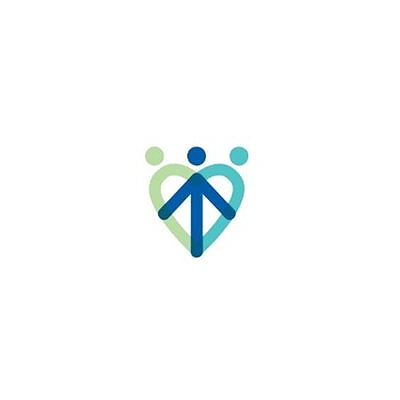Description
In the early 1800s, when Syracuse was still a village of fewer than 5,000 people, the education of children was a luxury afforded only to those who could pay the tuition for a private school. A group of churchwomen became interested in educating children who were less fortunate. In 1835, they rented a room behind the village store and established the Syracuse Free School. The school closed in 1839 when the community began providing public education to all children.
In 1841, the same group of women turned their attention to children who were parentless or abandoned and being cared for in the County Poor House. The “Association for the Relief of Destitute Children” was formed with the sum of $427.38. The efforts of the women resulted in the incorporation of the Syracuse Orphans' Asylum. It opened its doors to 10 boys and five girls on May 10, 1845.
By 1847, the house had expanded to serve children throughout the county. To accommodate the needs of more children, the home relocated several times. In 1922, it moved for the last time to what was then the outskirts of the city, a 146-acre farm on Salt Springs Road. On the occasion of its 100th anniversary in 1945, the name was officially changed to Elmcrest Children's Center.
Elmcrest continued to function as an orphanage into the 1960s. With changes in social policy and a decrease in the population of true orphans, Elmcrest turned its attention to serving the needs of “troubled youth.” In 1980, Elmcrest began to refocus its efforts to provide services to children with emotional as well as behavioral issues and began to increase its services to children with special needs. In the more than three decades since, Elmcrest has established itself as a leader and innovator in serving the children of Central New York.
Today, Elmcrest Children's Center is a multi-service residential treatment and education center for children with emotional, behavioral, and psychiatric challenges; a respite center for children with developmental disabilities and serious medical conditions; and an early education center and Universal Pre-K (UPK) program. Elmcrest serves more than 2,500 children and their family members yearly in more than 20 different programs. At any given time, Elmcrest is home to 130 youngsters, with another 150 preschoolers being served in its early education facility. Elmcrest provides supportive services, counseling, education and training to another another 80 families at risk of having their children removed from the home.























